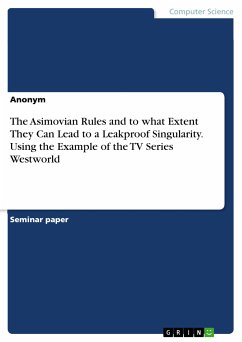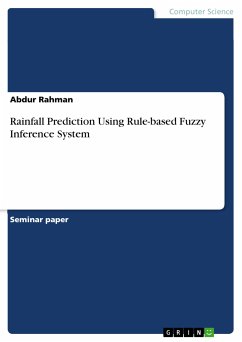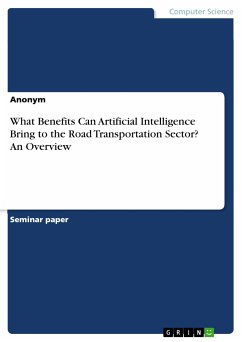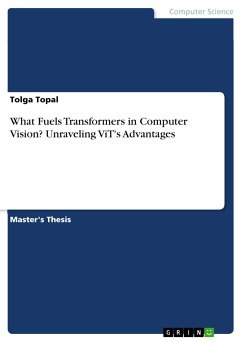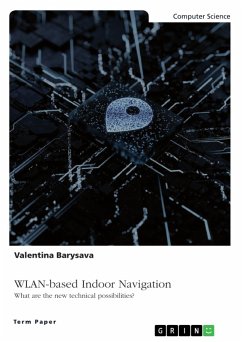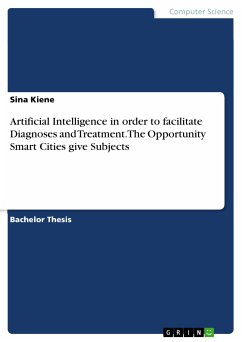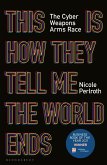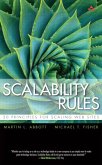Seminar paper from the year 2019 in the subject Computer Sciences - Artificial Intelligence, grade: 1.0, Zeppelin University Friedrichshafen, language: English, abstract: Ever since the first conference on artificial intelligence (AI) was held in 1956 at Dartmouth College, the question of singularity is asked. The singularity is the event where AI exceeds human intelligence. Due to the singularity, the AI may outpace humanity and create a non-beneficial outcome. In contrast, the leakproof singularity describes a singularity having a beneficial outcome (where the AI is a problem solver). Therefore, the paper discusses the question to what extent a leakproof singularity could happen. For the leakproof singularity, a framework for ethical (in our case beneficial) decisions is needed where every action is evaluated by an ethical layer. The paper focuses on the consequences of AI's decision making using a set of rules. After explaining the singularity and the consequences of the singularity in the first chapter, the example of Westworld is taken in the second chapter in order to exemplify and introduce basic concepts like the leakproof singularity and conscious AI. In the third chapter the classical and extended Asimovian laws are explained which is followed by a specific critique of the three classical maxims. Afterwards, in chapter 3.2, a general critical reflection of the laws is given. Moreover, in the fourth chapter three scenarios are developed for a post-singular rule combining the Asimovian laws with other examples from novels, philosophy and computer sciences. In the last chapter, the paper is evaluated critically and an outlook for future development is provided.
Dieser Download kann aus rechtlichen Gründen nur mit Rechnungsadresse in A, B, BG, CY, CZ, D, DK, EW, E, FIN, F, GR, HR, H, IRL, I, LT, L, LR, M, NL, PL, P, R, S, SLO, SK ausgeliefert werden.
Hinweis: Dieser Artikel kann nur an eine deutsche Lieferadresse ausgeliefert werden.

